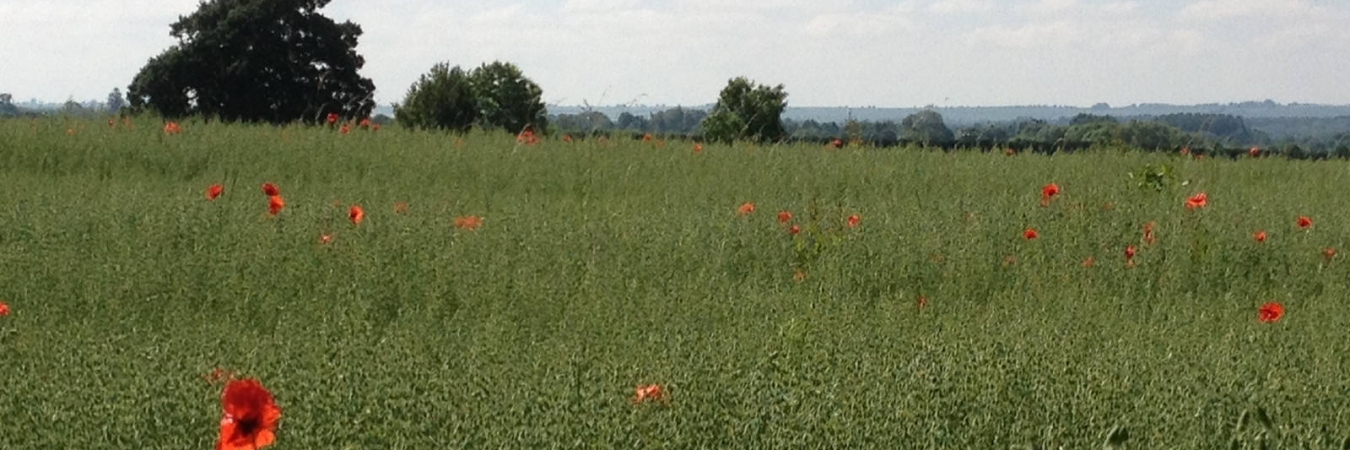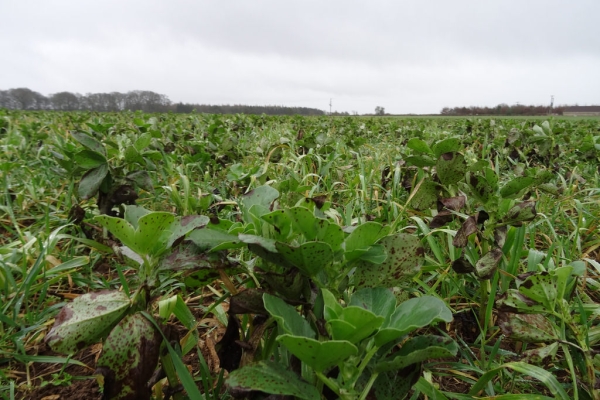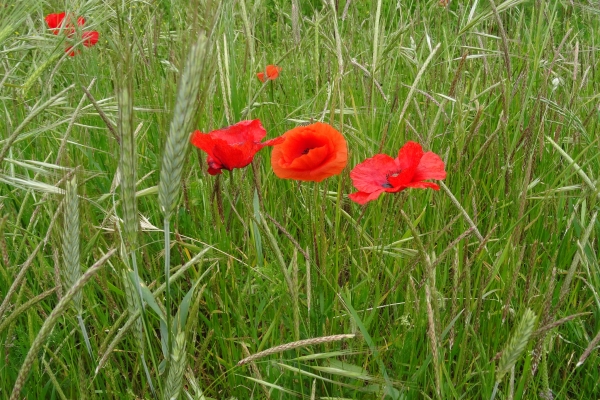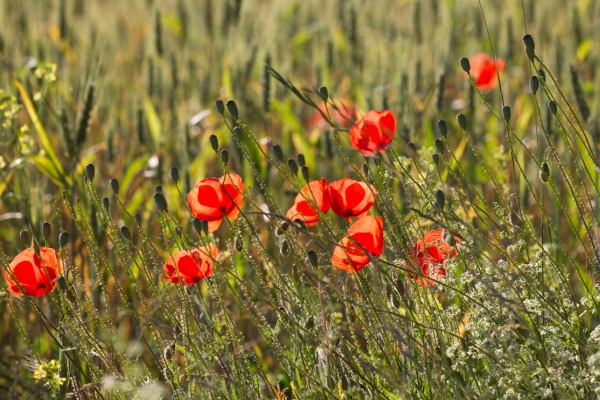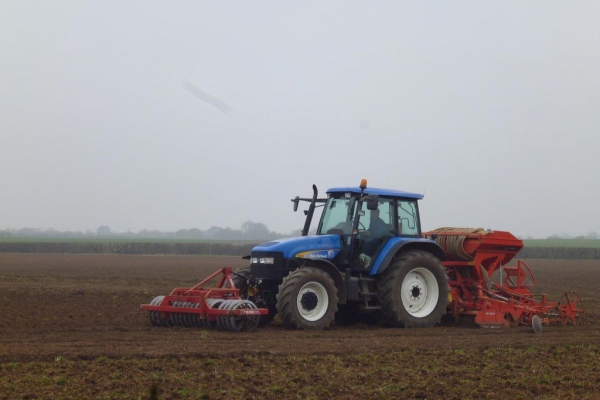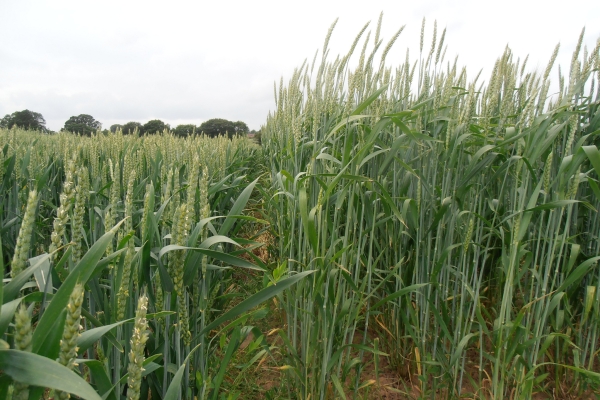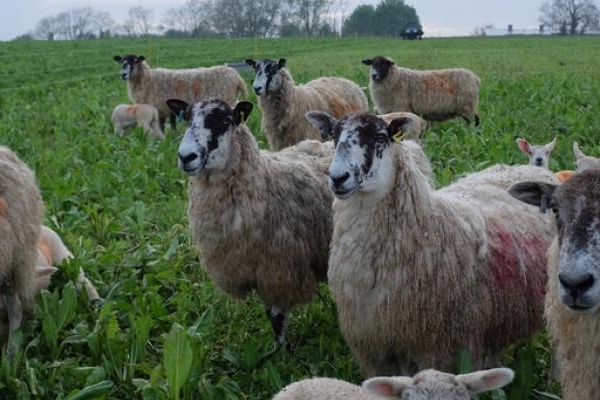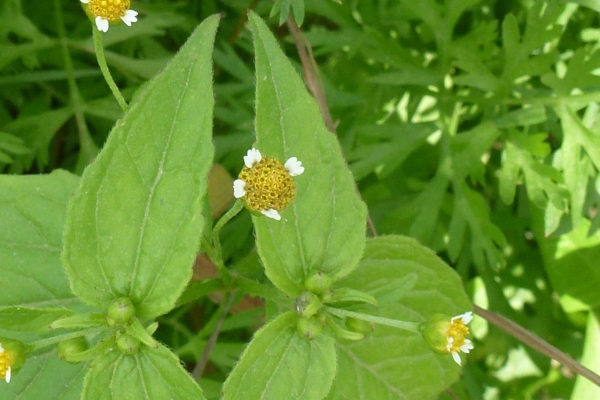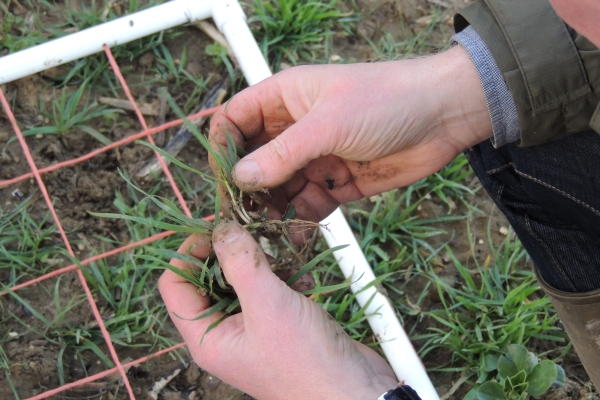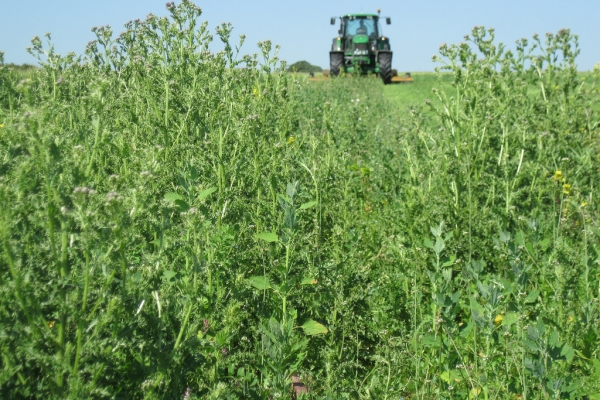Managing weeds in arable rotations – a guide
Incorporating WRAG guidelines
Resource explained
This extensive guide was put together to allow improved weed management through a rotation dominated by autumn-sown crops. The prevalence of weeds in your arable crops is influenced by a wide range of factors and effective management requires integration of a range of control measures. The guide provides information on weed biology, managing weed seedbanks, cultivation strategies, crop choice, how their sequence in rotation and drilling dates impact on weeds and methods of control, optimising herbicide timing and application, the importance of protecting water quality, and includes case studies of what farmers across the UK are doing to manage weeds. Herbicide resistance management is treated as an essential part of rotational weed management.
Findings & recommendations
- Properly managed weed control through a rotation can reduce costs, help maintain crop yields, limit herbicide use, protect water quality, and enhance biodiversity.
- Understanding weed seedbanks will help you improve the management of them.
- Changing your cultivation strategy can help reduce weed populations and help you manage them more predictively and preventatively.
- The extent of seed burial and mixing influences weed numbers. The gap between crop harvest and drilling can bring opportunities and benefits.
- Which crops you grow and where you grow them in the rotation determine the weeds present and the opportunities for control. Including autumn and spring sown crops within a rotation increases the range of weed species and reduces overall numbers.
- Growing a diversity of crops enables a range of weed management practices.
- You can influence weed emergence and the window for weed control through when you choose to drill. The intensity of crop competition is also influenced by the drilling date.
- It is very important to follow industry best practice guidelines to prevent herbicides from reaching water courses.
The guide recommends knowing your risks through sampling and assessing herbicide performance, and recommends following the latest WRAG guidelines to help you do this: https://cereals.ahdb.org.uk/WRAG.
N.B. This resource contains information that is not compatible with organic standards and includes references to herbicides. However, the information about the effectiveness of non-chemical control methods is potentially useful for all farmers.
